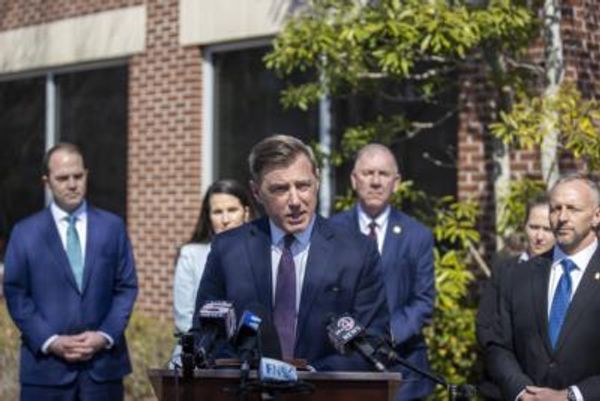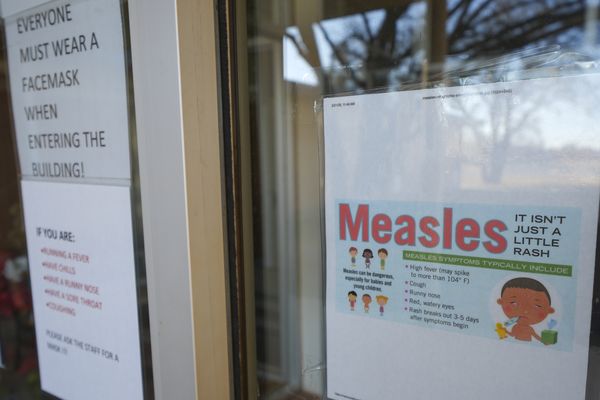
The Nashville public library has debuted new library cards celebrating banned books amid attempts to censor literature throughout the state.
Patrons of the Nashville public library system can now get limited-edition bright yellow library cards that say: “I read banned books.”
With only 5,000 limited-edition cards available, the Nashville public library hopes to distribute all of them in May to a variety of library users, with existing patrons and first-time visitors eligible for the special cards.
The newly released cards are a part of the library’s “Freedom to Read” campaign, a rebuttal to escalating attempts in Tennessee to censor books.
“This campaign is our way of bringing our community together in our shared Freedom to Read, which is essential to sustaining our democracy,” said Kent Oliver, the Nashville public library’s director, in a news release announcing the campaign.
In Tennessee, conservative lawmakers have forwarded new proposals that drastically censor material within classrooms.
In January, a Tennessee school board unanimously voted to ban the Pulitzer prize-winning graphic novel Maus from all its classrooms. Maus, which tells the story of Holocaust survivors, was reportedly banned for eight curse words used in the book and a drawing of a naked mouse.
A month later, a separate school board upheld a ban on the 1994 novel Walk Two Moons, which focuses on a 13-year-old Native American girl, after the ban was suggested by a chapter of the conservative group Moms for Liberty.
Last month, lawmakers in Tennessee’s house and senate passed legislation that would give a state-run commission the power to ban books in public schools and veto curriculum decisions made by school boards. The Tennessee governor, Bill Lee, has not confirmed if he will sign the bill.
While debating such legislation, Tennessee legislators said that they would burn material deemed inappropriate for school libraries, reported the Washington Post.
Outside of Tennessee, conservative legislators and parents have called for censorship of a variety of material concerning race, gender, sexuality and other themes deemed inappropriate.
As of April, more than 1,500 book bans have been instituted in school districts across the country.







